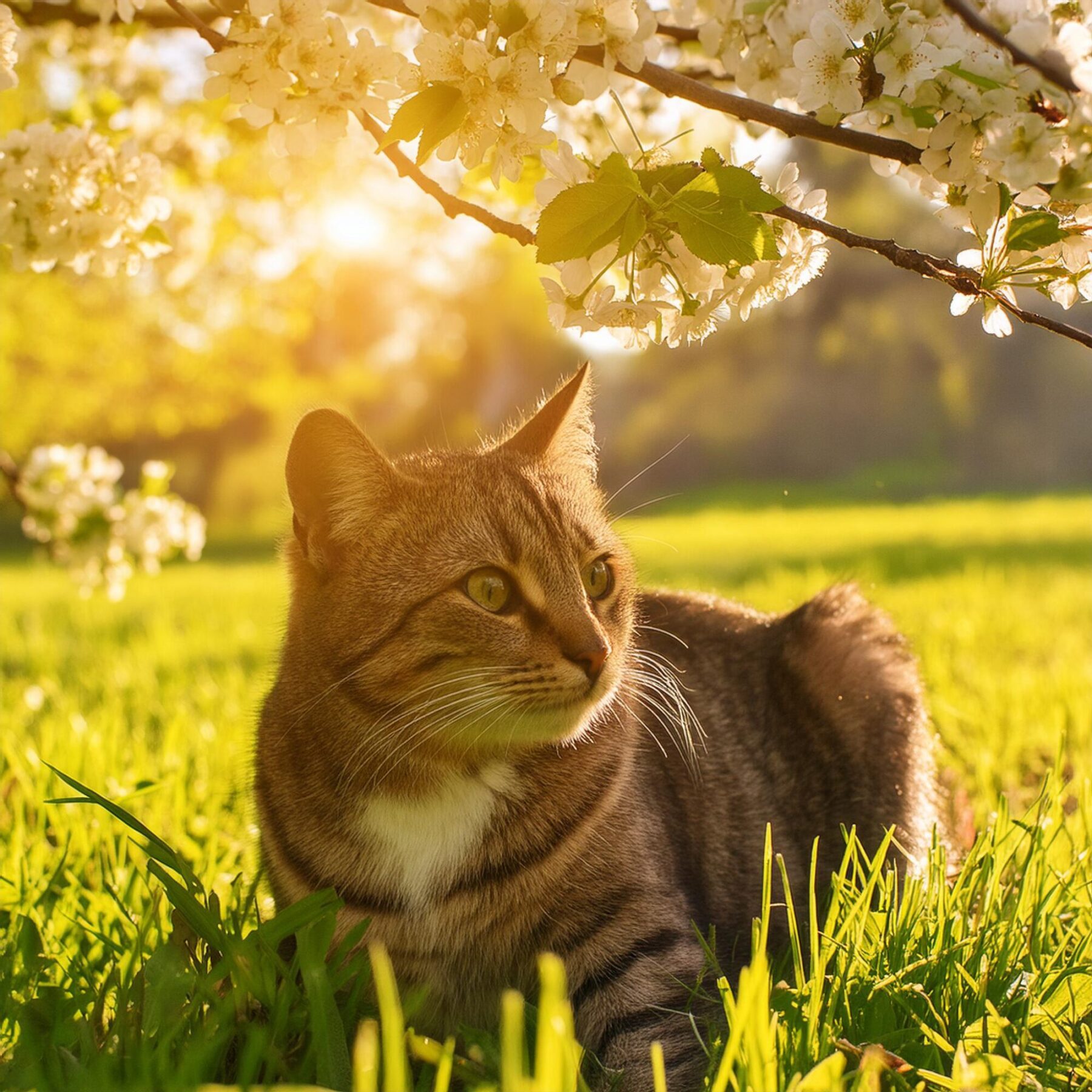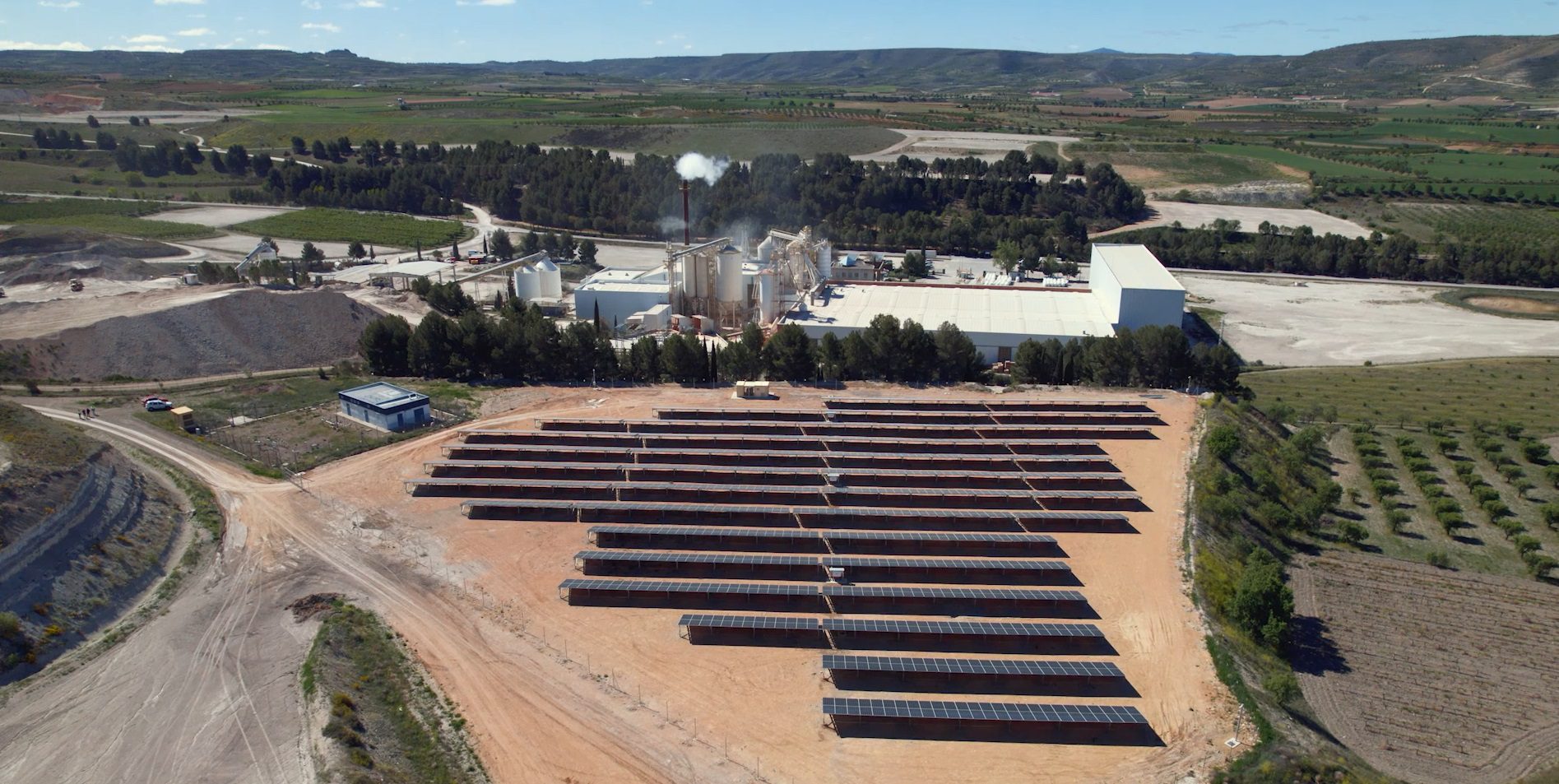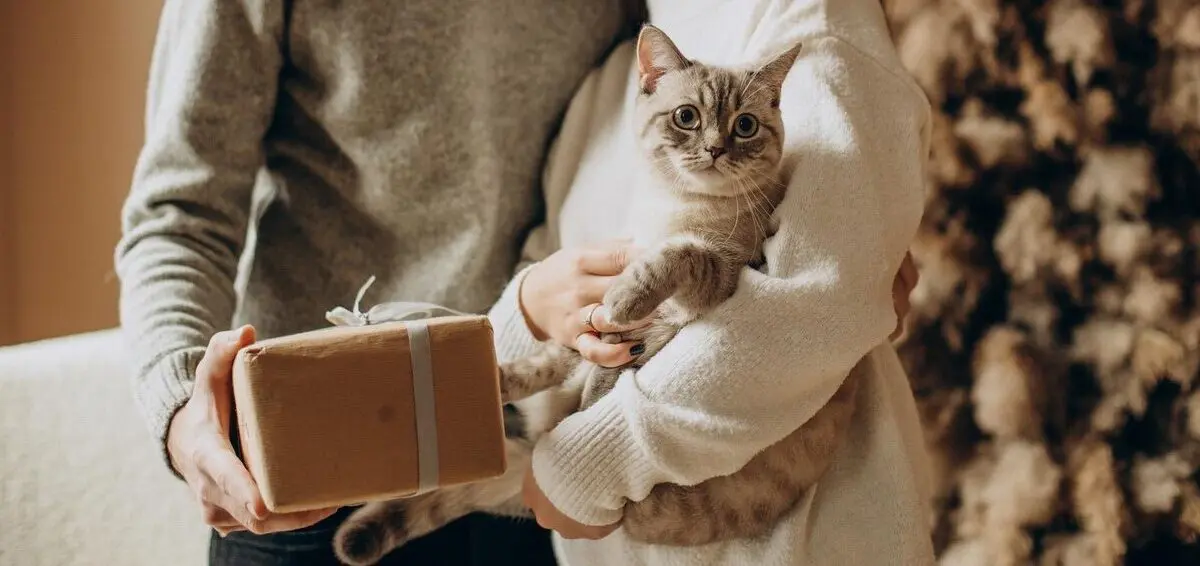The animal shelters are responsible for collecting and caring for abandoned animals until they can be provided with a suitable home for each one of them. They carry out a great work that entails an enormous dedication and effort that we want to show you first hand.
We present to you Pilar, president and founder of S.P.A. 8 Lives Teruel, protector with whom we have been collaborating since MYTA:
- Tell us Pilar, what is the work of S.P.A. 8 Vidas and where can we find you?
"Basically, the work could be broadly summarised as follows:
- Rescuing animals
- Carry an emergency telephone number
- Healing them in order to find them an adoption
- Search for adopters (they often come to us after the animals are posted on our website). social media)
But of course, behind every protective shield, you need some big veterinarians... Therefore, we are also trying to raise money to pay off the debts we have with them little by little: (we have wallapop, we participate in solidarity markets and we have some partners and teaming).
On the other hand, answering the question of where we are is complicated.... we have based in the city of TeruelBut the volunteers themselves live in different towns in the province, so we could say in Teruel and surroundings. "
- What is day-to-day life like at the shelter and how many volunteers are there?
"Behind a shelter there is a lot of workAlthough it may not seem like it, nothing could be further from the truth...
We receive warnings, we go to rescue animals, we take them to the vet, we look for a foster home for them (we do not have a shelter because it is impossible for us to keep it as we do not all live in Teruel), we keep the accounts of the shelter, we inform about external cases of animals that cannot stay in the homes where they live, we look for adoptions, solidarity transports to try to help as many as possible in one way or another, etc.
At the moment there are very few of us, about 8 volunteers. But we feel very fortunate because we have people in many corners of the province who are always willing to lend a hand when needed".
- How can we adopt, and are there any requirements to be met?
"We have social networks, both Instagram as Facebookwhere we publish every day the cases that come in and tell a little bit of their story, as well as informing when they are ready to foster or adopt (which is usually when we see that they are healthy or have recovered from an intervention). I would dare to say that almost 90% of adoptions come from our social networksbut we also have website linked to Miwuki. You speak to us through any of them and we will respond as soon as possible.
In terms of the requirements to be met, we do a short questionnaire in written form or by phone call, adjusting to the preferences of each adopter, as it is true that some adopters are not very good with their mobile phones. It contains basic questions, but they let us know a little about where the adopted animal is going to live, basically, to know that it is going to a home where it will be happy and will make its humans very happy".
- What is the difference between "fostering" and "adoption"?
"The primary difference is in the length of time the animal stays in a home. An adoption is foreverYou make the decision to give the animal a home for the rest of its life, that is to say, you are its owner for all intents and purposes.
In terms of the reception, it is a question of giving it a temporary home the animal until it finds its definitive adoption. They usually take in people who want to help animals but know that they will not be able to keep them forever. Although it is true that foster homes always have preference when it comes to adopting the dog or cat they take in. If they are in foster care, they go to our vet of reference and obviously the shelter pays the veterinary expenses because the animal continues to have 8 lives until it is adopted".
- Any advice for those who have a cat at home?
"Every cat is a world, they are particular but very, very special beings.
The basic thing they will tell you in all shelters is:
- Put wire netting on the window to prevent them from being thrown out and/or escaping.
- Sterilise the cat: if you adopt it when it is still very young, you must sterilise it when it reaches the appropriate age; if, on the other hand, it is already old enough, the shelter will give it to you sterilised.
- It adapts its diet to the different stages of its life so that it develops correctly.
- Look for both the size of the sandbox and the RIGHT SAND for your cat. This will prevent you from finding unwanted treats outside the litter box.
- A cat is a cat, it will jump and run around and you will find it sleeping in any comfortable and warm place in the house. Try to educate him in a rational way, cats are very intelligent and understand things, but find the right way to convey this to him.
- And last but not least... get yourself some adhesive rolls for your clothes, otherwise you'll have hair everywhere!"







